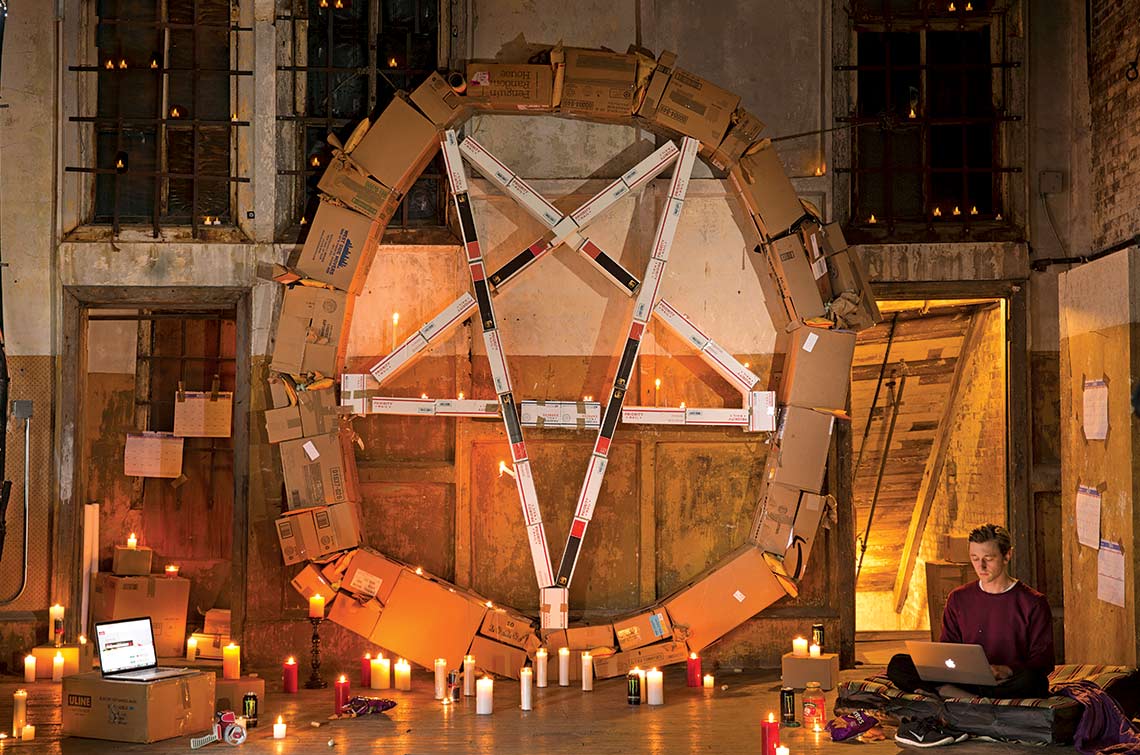Ludology/Narratology
Is a game a system of rules, or is a game a kind of narrative? or rather: Is a game a system of rules, like a story is a system of narration?
Is a game a system of rules, or is a game a kind of narrative? or rather: Is a game a system of rules, like a story is a system of narration?
History of the WWW, the difference between the WWW and the Internet, vision behind the WWW project, the WWW virtual library, Web 2.0, etc
The best educational games capture what’s already fun about learning and make that central to the game.
Design and Development of Games for Learning (link to edX course) 11.127x, Introduction to Game Design 11.126x, Design and Development of Educational Technology 11.132x
By creating millions of networked people, financially exploited but with the whole of human intelligence one thumb-swipe away, info-capitalism has created a new agent of change in history: the educated and connected human being.
On the end of capitalism, sharing economy and the information age (guardian)
Publication has been extended far beyond our present ability to make real use of the record.
by Vannevar Bush, 1945, whose idea of the MEMEX inspired Tim Berners-Lee in the creation of the WWW

One, there’s no magic, no matter how much it looks like there is. There’s just work to make things look like magic. And two, it’s crazy in there.
How do computer languages work? +++ Eric Raymond, Paul Ford
We spend hours designing for a medium that’s interactive and responsive, but we start by producing mockups that are static and inflexible. If great design is not only aesthetics but also how it works, then it’s time to make development part of the creative process.
Collected articles from around the web that might be relevant. (mostly on web standards) Ethan Marcotte, Frank Chimero, John Allsopp, Paul Robert Lloyd, +++
The craft of programming is helping to further traditional craft aesthetics and production in present-day culture. Experiment and play are vital in craft practice. Play lets you learn, which is why it still lies at the heart of art and design education. And the computer can very effectively introduce play; digital media, with their instant reversibility and ability to simulate, can withstand sustained experimentation where other formats would disintegrate.
Craft and the computer, David Crow in Eye magazine 2008
Life is very messy and chaotic, but when you’re building a computer program, it’s incredibly orderly. You know where everything goes and you can obsess over every little detail, so you can live in this perfect, imaginary universe. You can engineer a reality and then live in that reality for most of your days. That reality can be free of conflict, free of complexity and emotions.. It’s very utopian.